The latest business move by Magic Leap could result in a significant boost to its spatial computing platform's performance and headset design.
On Friday, Magic Leap announced the acquisition of Computes, Inc., makers of a decentralized and distributed mesh computing platform. The company's founders, Chris Matthieu and Jade Meskill, now serve as senior director of computing services and principal software engineer, respectively. Next Reality contacted Magic Leap to confirm the overall number of employees involved and the purchase price of the acquisition, however, those details were not revealed as of this writing.
Using a blockchain-based peer-to-peer network, Computes can leverage unused computing capacity from idle computers around the world and apply the processing power to perform the heavy lifting required for mesh computing.
"With over 27 billion connected devices in the world today (and growing), the Computes platform provides us with the necessary building blocks to make spatial computing available to everyone" said Gus Pinto, Magic Leap's VP of product and engineering, in a statement. "Through the many private beta users already using Computes, we look to gain valuable feedback and begin developing a portfolio of services for developers, creators, enterprises and end-users to help leverage the power of spatial computing on any platform."
Microsoft has enabled similar functionality in HoloLens, which can now wirelessly tether to a PC for complex rendering tasks. However, Compute takes this concept and multiplies it exponentially to billions of computers.
"I think the beauty of this is AI computing anywhere, specifically on the edge, where you want the AI to be computing where the data source or where the sensors are generating the data, rather than streaming everything up to the cloud," said Matthieu in a video Computes published in March (embedded below). "Any machine anywhere in the world can connect, communicate, and compute to perform artificial intelligence computations at the source, wherever that may be. We're talking real-time, no latency."
Spatial mapping, as a means of establishing environmental understanding for computers, is a key component for realistic augmented reality experiences, but it also requires heavy computing power.
By offloading the processing to remote computers, future Magic Leap devices could potentially run more complex mesh computing without a considerable increase in on-device processing capacity. In turn, this could result in slimmer form factor for Magic Leap headsets aimed at the consumer market in the future.
Just updated your iPhone? You'll find new features for Podcasts, News, Books, and TV, as well as important security improvements and fresh wallpapers. Find out what's new and changed on your iPhone with the iOS 17.5 update.
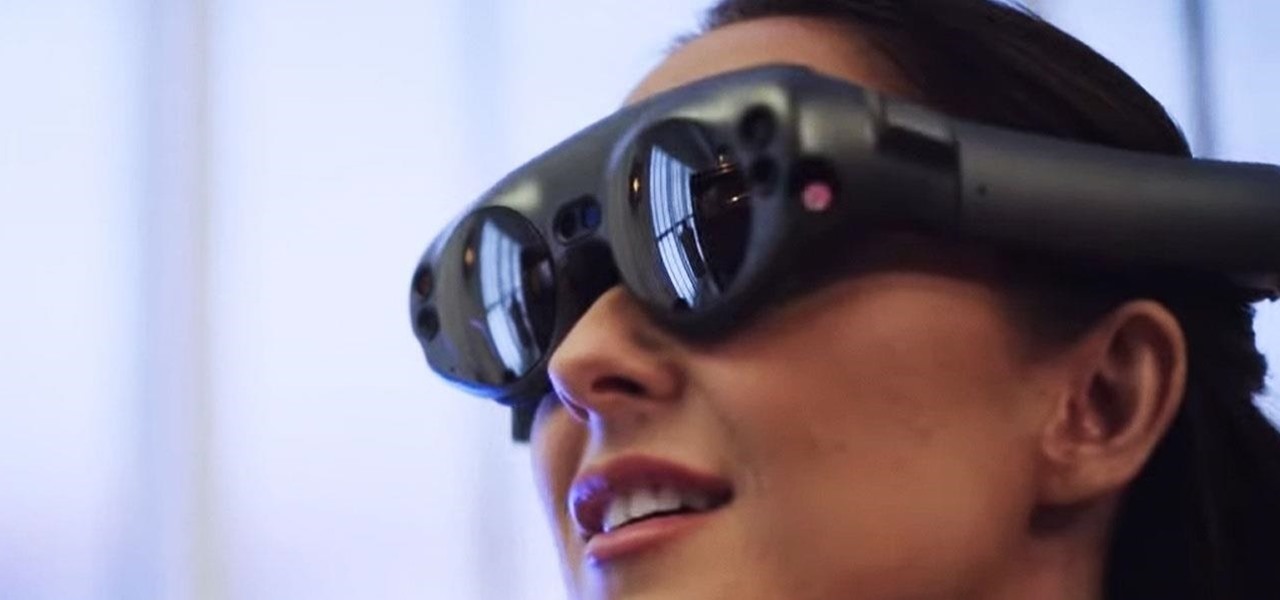





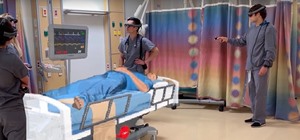



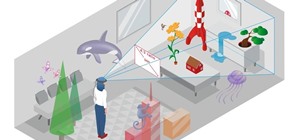
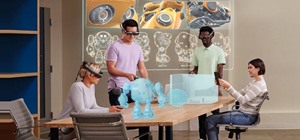

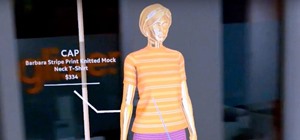

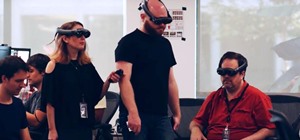
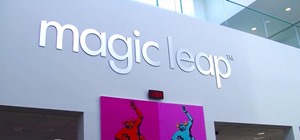





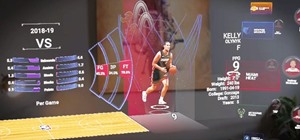



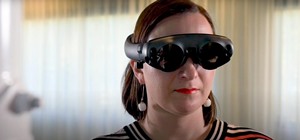
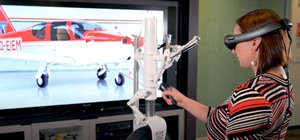

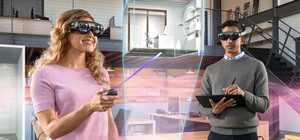


Be the First to Comment
Share Your Thoughts